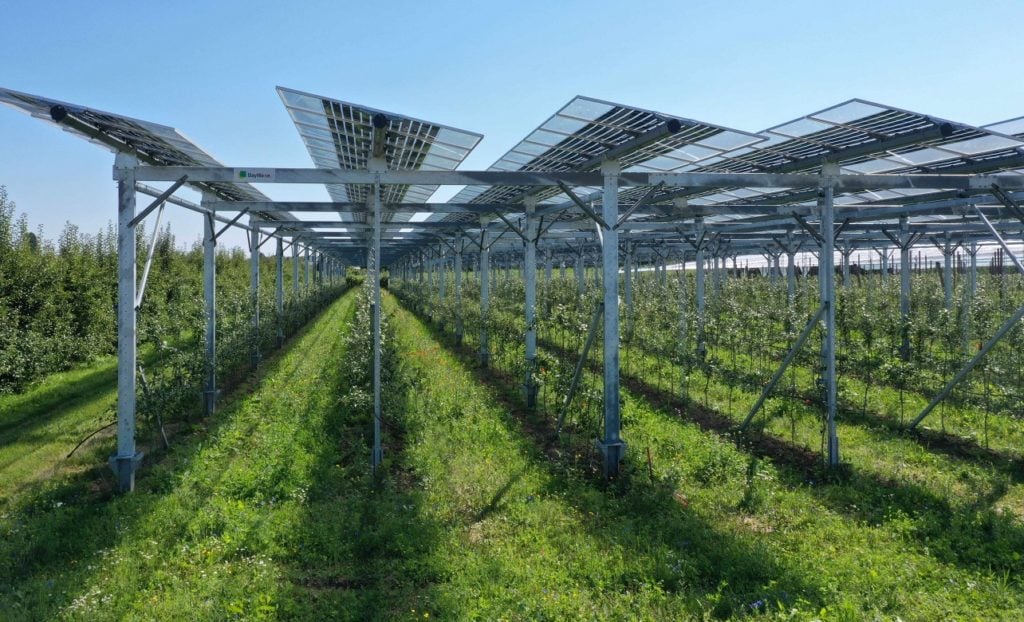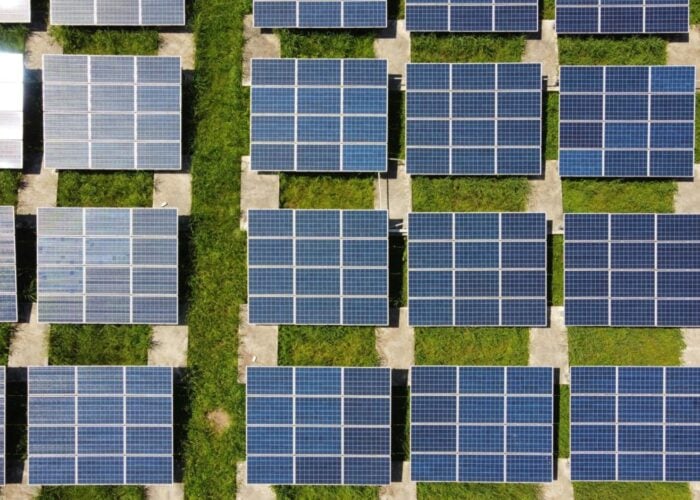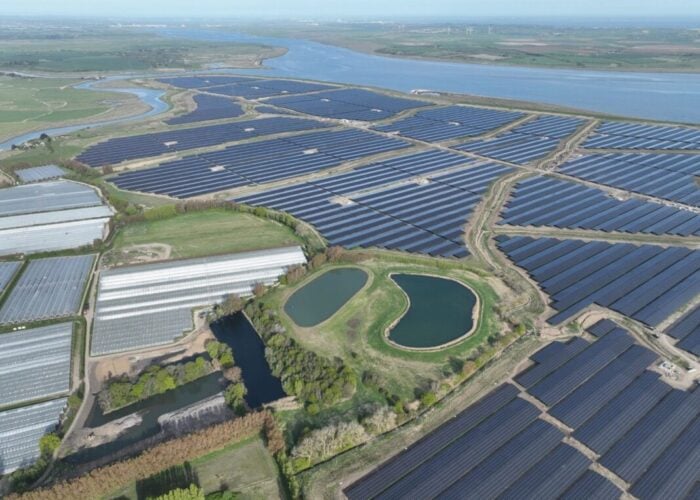
Around 5.3GW of solar was installed in Germany last year, preliminary analysis by the country’s solar trade association the Bundesverband Solarwirtschaft (BSW) has shown, with installs set to rocket further in the coming years.
However the trade body has warned that additional barriers will need to be “torn down” if the new German coalition government’s target of 200GW of operational solar capacity by 2030 is to be met.
Unlock unlimited access for 12 whole months of distinctive global analysis
Photovoltaics International is now included.
- Regular insight and analysis of the industry’s biggest developments
- In-depth interviews with the industry’s leading figures
- Unlimited digital access to the PV Tech Power journal catalogue
- Unlimited digital access to the Photovoltaics International journal catalogue
- Access to more than 1,000 technical papers
- Discounts on Solar Media’s portfolio of events, in-person and virtual
Preliminary analysis published by the BSW earlier this week has stated that solar installs in 2021 grew by around 10% year-on-year to 5.3GW, with solar PV now producing around 10% of domestic electricity demand in Germany.
The BSW’s figure corresponds with that given by SolarPower Europe in mid-December.
Residential and utility-scale solar grew strongly across the year, helping offset a decline in commercial rooftop installations. In 2020 commercial rooftops accounted for around 51% of the 4.8GW installed in Germany, equivalent to 2.45GW, however the bracket’s share fell to just 34% in 2021, or 1.8GW, the BSW said.
In adding 5.3GW of new solar last year, Germany’s cumulative operational solar capacity now stands at around 59GW. With Germany’s new Ampelkoalition, or traffic light coalition, a government which includes Germany’s Social Democratic, Free Democratic and Green parties, having set the country a target of total solar capacity of 200GW by the end of 2030, annual solar installations must quickly accelerate if it is to be hit.
The BSW has noted that an average of 15.6GW of solar will need to be installed each year from 2022 to 2030, a near-trebling of what was installed last year.
The trade body said its industry barometer, which is formed using feedback from more than 200 solar businesses and industry professionals, suggests that the government’s intent is giving the industry cause for confidence heading into 2022, however a backlog of industry reforms and red tape are denting investor confidence.
In response, the BSW is calling for “fast and courageous political action” from the coalition, specifically the implementation of its climate protection programme by Easter at the latest.
“This [200GW] goal can be achieved if the [solar industry] is ignited now and barriers to the energy transition are torn down,” Carsten Körnig, managing director at the BSW, said.






